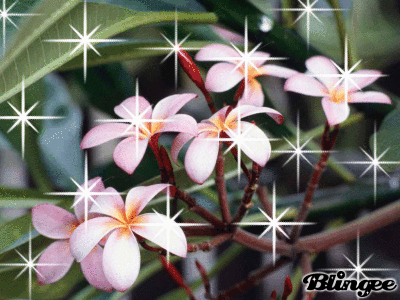The Story of Theri Uppalavanna
Verse 69: As long as the evil deed does not bear fruit, the fool thinks it is sweet like honey; but when his evil deed does bear fruit, the fool suffers for it.
The Story of Theri Uppalavanna
While residing at the Jetavana monastery, the Buddha uttered Verse (69) of this book, with reference to Theri Uppalavanna.
Once there was a young daughter of a rich man in Savatthi. Because she was so beautiful, with looks so tender and sweet, like a blue lotus flower, she was called “Uppalavanna”, the blue lotus. The fame of her beauty spread far and wide and there were many suitors: princes, rich men and many others. But she decided that it would be better for her to become a bhikkhuni, a female member of the Buddhist Order. One day, after lighting a lamp, she kept her mind fixed on the flame and meditating on the fire kasina (object of concentration) she soon achieved Magga Insight and finally attained arahatship.
Some time later, she moved to the ‘Dark Forest’ (Andhavana) and lived in solitude. While Theri Uppalavanna was out on her alms-round, Nanda, the son of her uncle, came to her monastery and hid himself underneath her couch. Nanda had fallen in love with Uppalavanna before she became a bhikkhuni; his intention obviously was to take her by force. When Uppalavanna returned she saw Nanda and said, “You fool! Do no harm, do not molest.” But he would not be stopped. After satisfying himself, he left her. As soon as he stepped on the ground, the earth opened wide and he was swallowed up.
Hearing about this, the Buddha spoke in verse as follows:
Verse 69: As long as the evil deed does not bear fruit, the fool thinks it is sweet like honey; but when his evil deed does bear fruit, the fool suffers for it.
At the end of the discourse, many attained Sotapatti Fruition.
The Buddha next sent for King Pasenadi of Kosala and told him about the dangers that bhikkhunis living in forests had to face from irresponsible persons obsessed with sex. The king then promised to build monasteries for bhikkhunis only in towns or close to the towns.
Dhammapada Verse 69
Uppalavannattheri Vatthu
Madhumva mannati balo
yava papam na paccati
yada ca paccati papam
atha dukkham nigacchati.
Source: Tipitaka


















